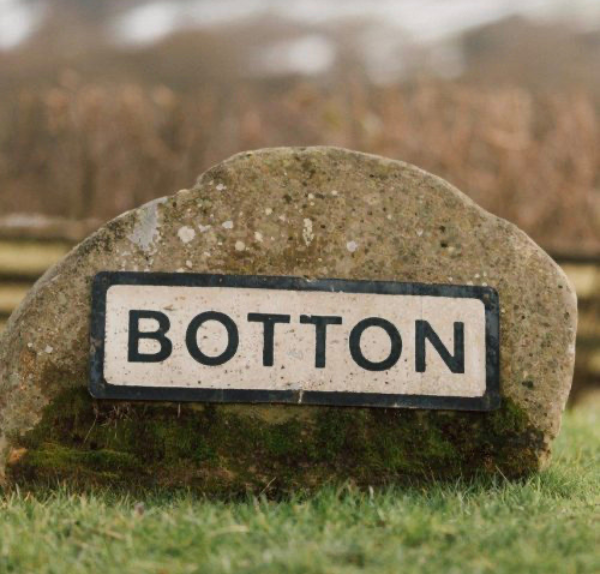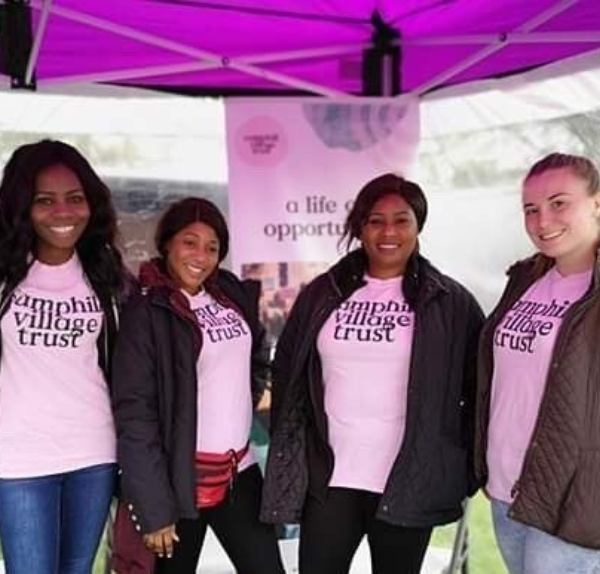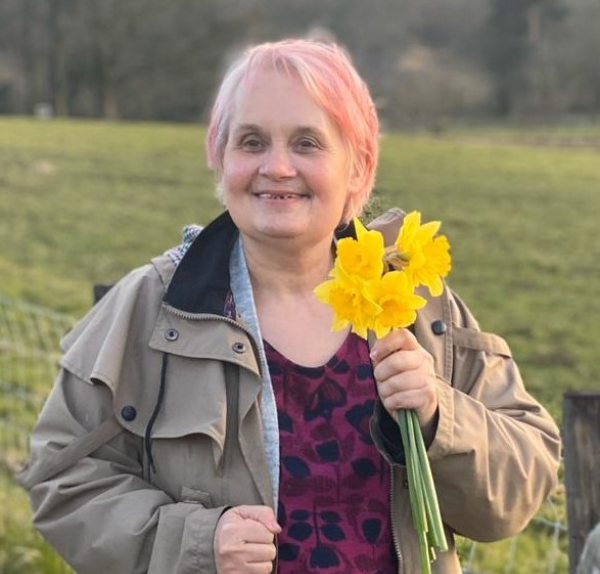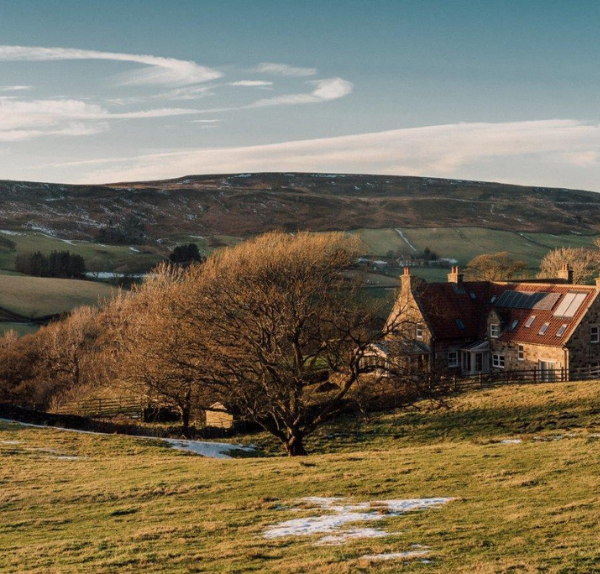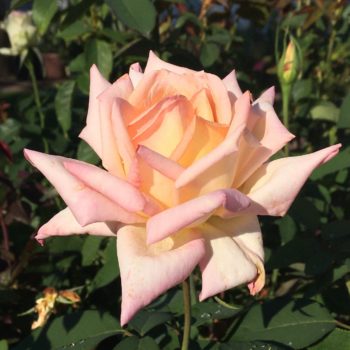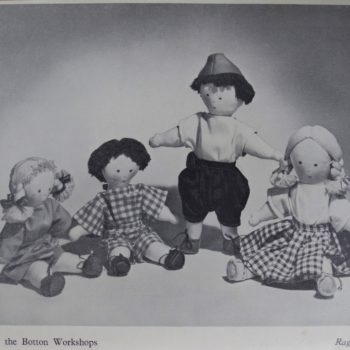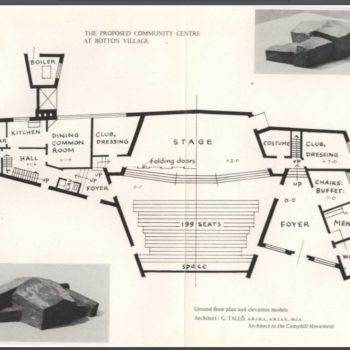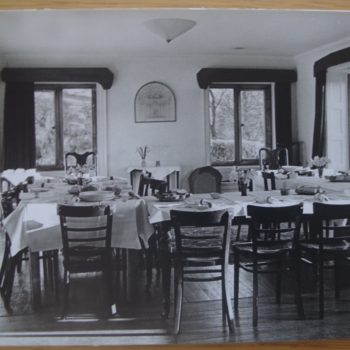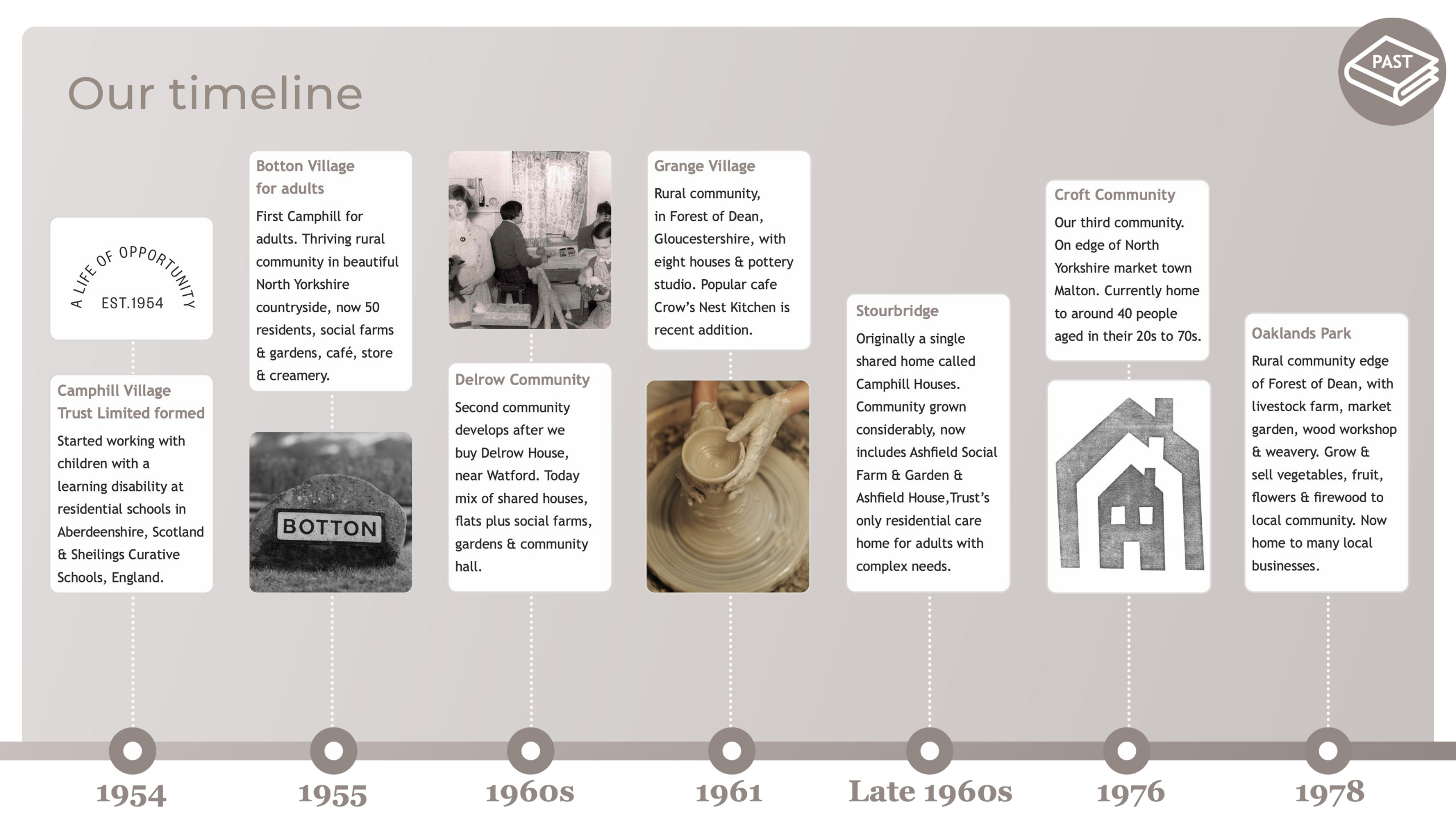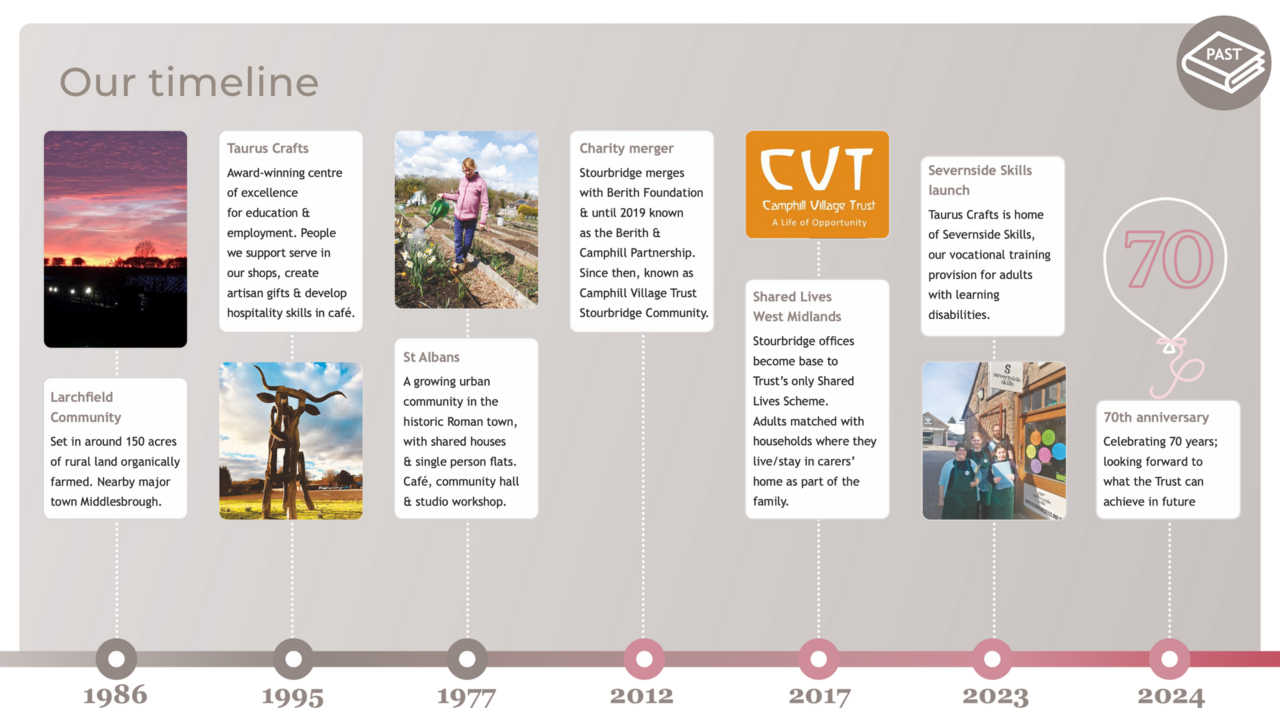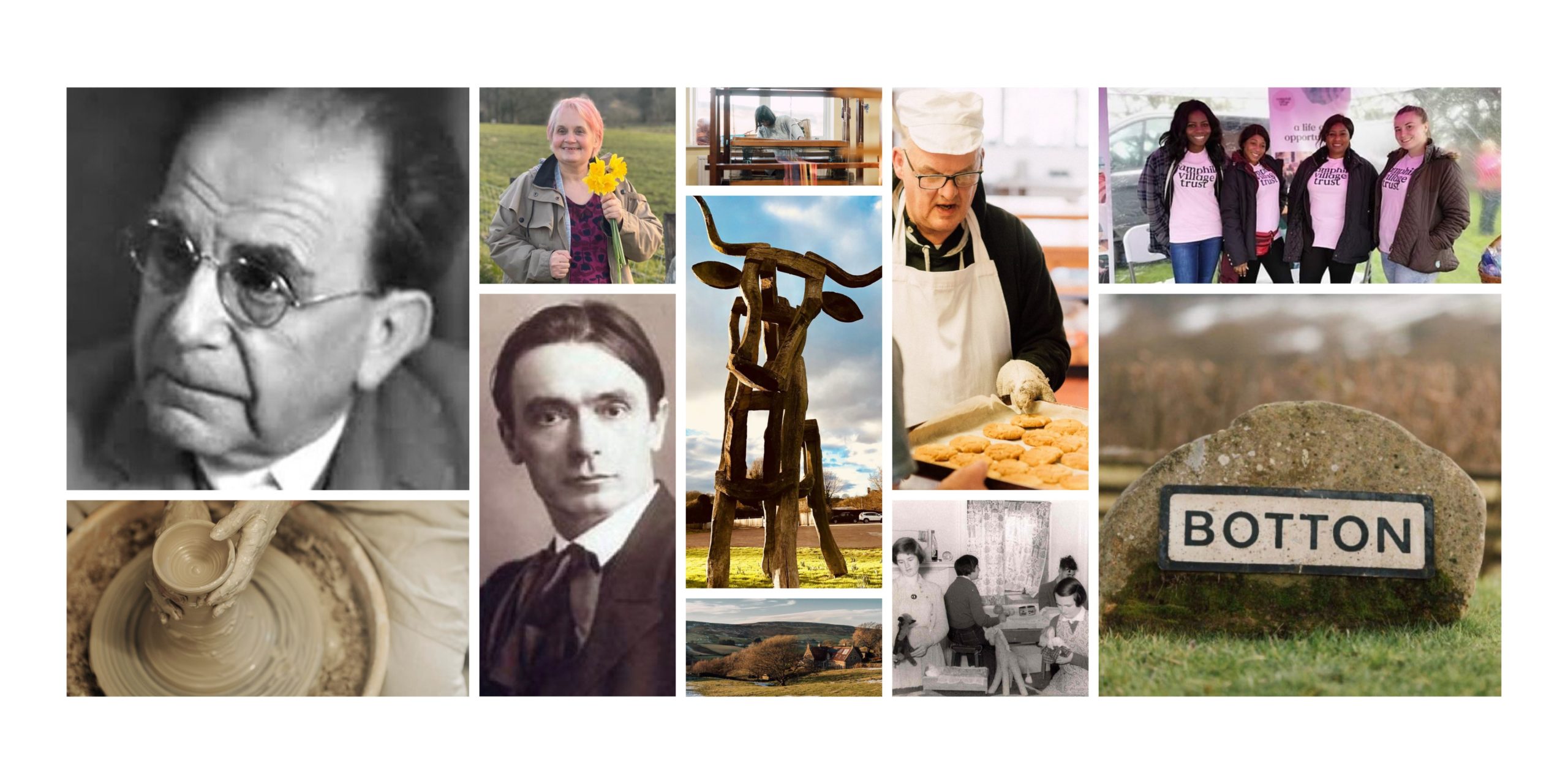
Our history
Celebrating 70 years of service and innovation
As Camphill Village Trust marks its 70th anniversary, we are keen to take the opportunity to delve into the rich history of our communities and the incredible impact we’ve made over the decades. To commemorate this milestone, we’ve commissioned a specialist archive consultant to explore our archives and uncover the stories that have shaped who we are today.

Our journey...
For over 70 years, since the founding of our first community at Botton Village, Camphill Village Trust has been at the forefront of providing life-changing services for people with learning disabilities, autism, and mental health challenges.
Our mission has always been to create opportunities and purpose for the people we support, and our history is filled with pioneering initiatives and heartwarming successes.
Where it all began...
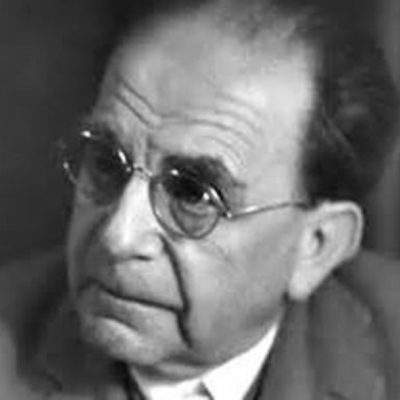
Founding fathers
The Camphill movement as it came to be known was founded in Scotland in 1939 by an Austrian Doctor Karl König, with a group of young helpers. They were all refugees who had escaped Austria following the 1938 annexation by Germany. Born in 1902, König had significant experience in working with children with a learning disability within a residential setting.
The name Camphill comes from the Camphill estates in Aberdeen which were previously owned by the Macmillan family.
Connecting humanity and nature
Karl König was inspired by anthroposophy which means ‘wisdom of the human being’. This philosophy was mainly developed by Rudolf Steiner (1861-1925) at the end of the 19th and the beginning of the 20th century.
The connection between people and our land and nature is fundamental to our ethos today.
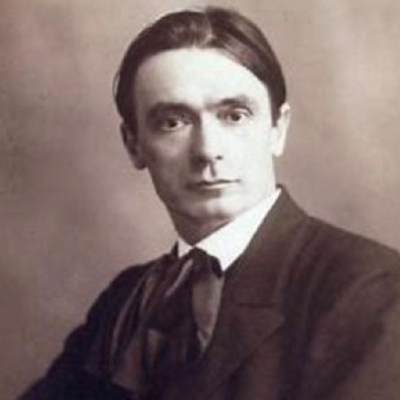
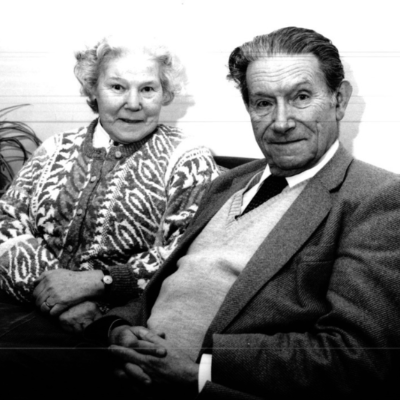
The beginnings
Camphill communities began with the aim of living and working with children with a learning disability carrying out what König termed ‘Curative Education’ with them.
With the help of a £1000 loan from the Scottish Council for Refugees, work started with the children in Camphill House in Aberdeen.
By 1950 there were 222 pupils with a further 156 on the waiting list.
Key moments in our history
To date, we have discovered unrivalled initiatives demonstrating the forward-thinking and collaborative approach of our communities. So many exciting projects and initiatives undertaken with key moments being discovered.
Our archivist is currently deep in the archives, uncovering fascinating facts and figures that highlight our innovative approach and the difference we’ve made in the lives of those we support. From groundbreaking programmes to everyday moments of joy, we’re excited to share these stories with you...
- Mental Health Flag Day (1960): In the 1960s, we played a crucial role in coordinating a multi-charity event known as Mental Health Flag Day. This annual event later evolved into what is now known as Mental Health Awareness Week, a vital initiative still going strong today, coordinated by the Mental Health Foundation.
- The Botton Woodworking Shop and Jenga (1980s): In the early 1980s, our Botton woodworking shop was approached by the creator, Leslie Scott, of the now-famous game Jenga to produce the first 100 sets. These were sold in Harrods and showcased at a toy fair before Jenga became the global sensation it is today, thanks in part to our early involvement. The blocks of the first sets of Jenga were manufactured for Scott by the Camphill Village Trust in Botton, Yorkshire. Young V&A, formerly the V&A Museum of Childhood, currently has one of the original Jenga sets on display in their Play Gallery.
- Waldorf Dolls: We made and sold our own Waldorf dolls from Botton Village in a doll making workshop. Waldorf dolls, inspired by the educational philosophy of Rudolf Steiner, were first created in the early 20th century as handmade, simple, and natural toys designed to stimulate a child's imagination, reflecting the values of Waldorf education.
- BAFTA: We have a BAFTA award!
- Camphill Glory: We have our very own rose called Camphill Glory which is registered with the RHS.
Our story in detail...
Looking ahead...
As we celebrate our 70th anniversary, we’re not just looking back—we’re also looking forward. Our commitment to supporting adults with learning disabilities, autism, and mental health challenges remains as strong as ever. We’re proud of our history, and we’re excited about the future as we continue to provide opportunities, purpose, and a sense of community for all those we support.
It is going to be an exciting year as we discover more stories, initiatives, insights and stories from our 70 year journey.
Our other 70th Jubilee celebrations


